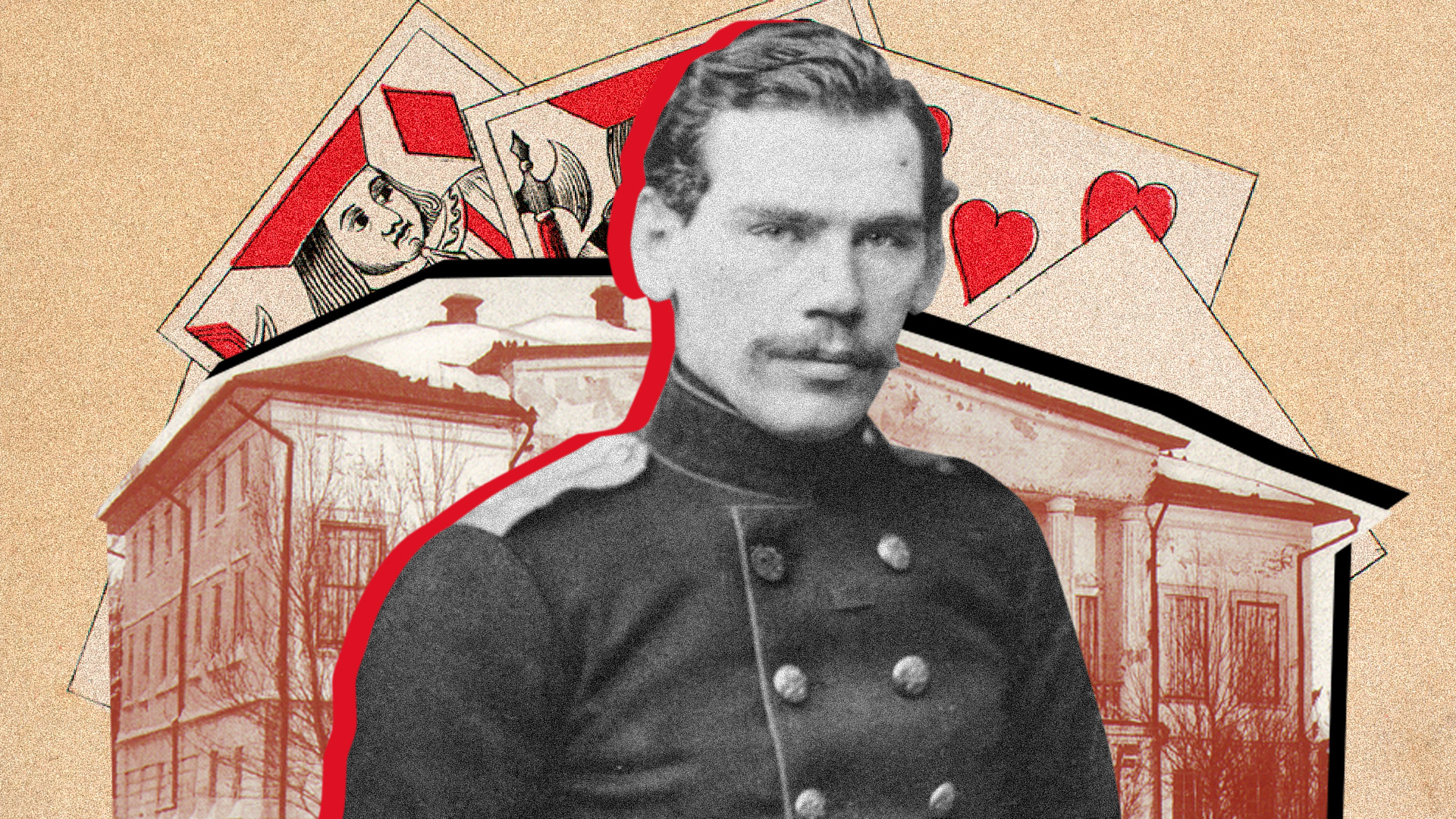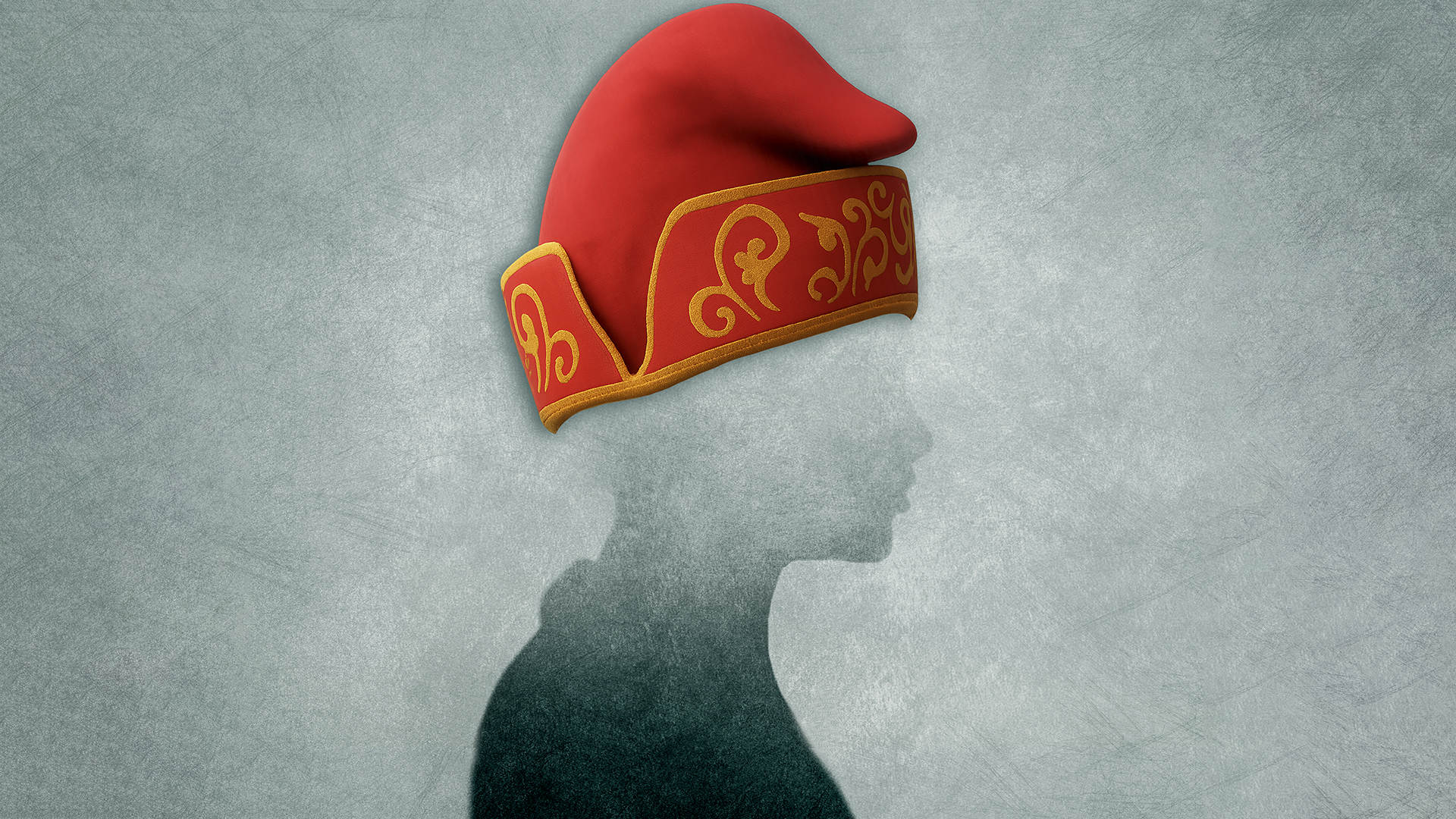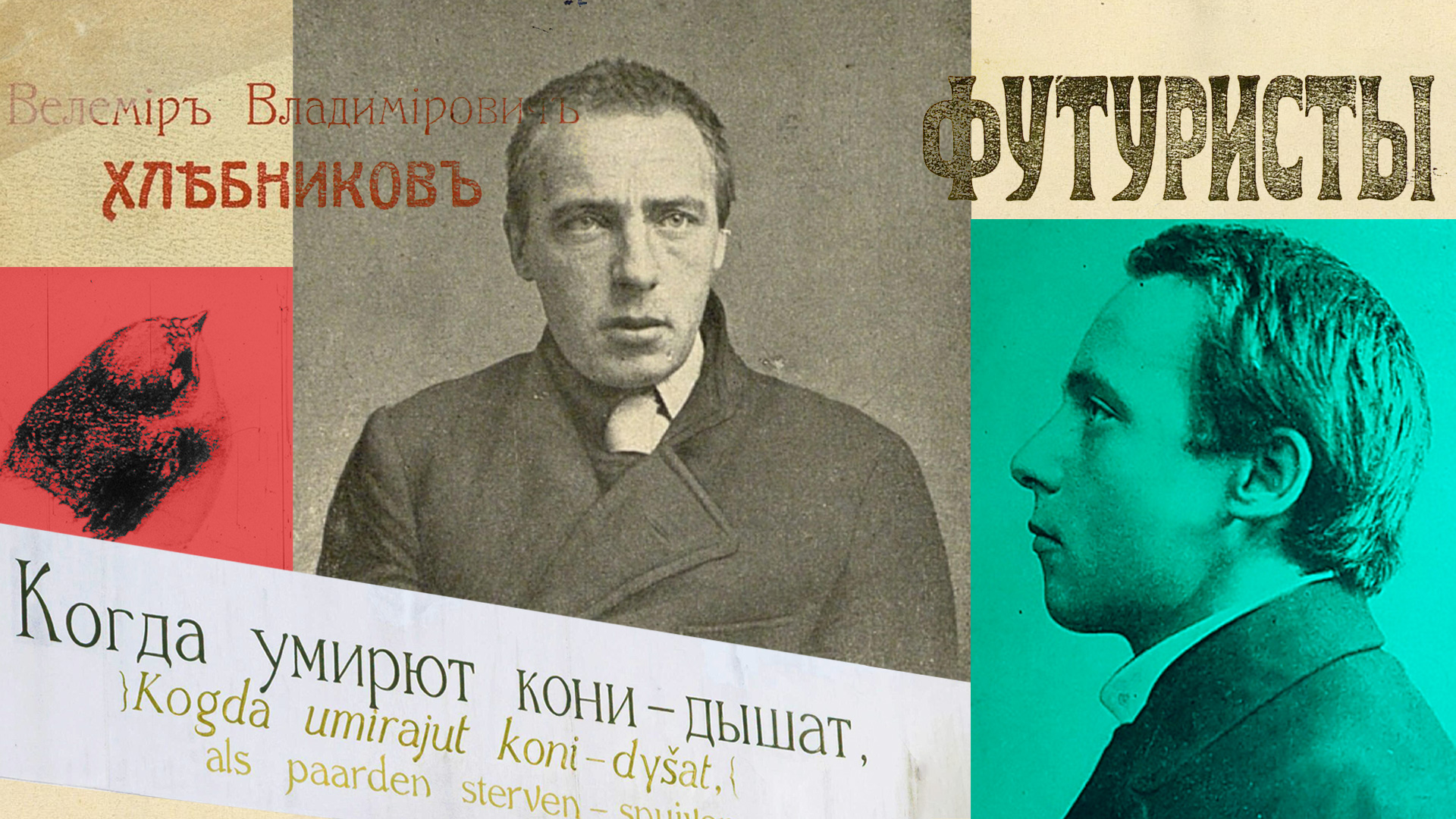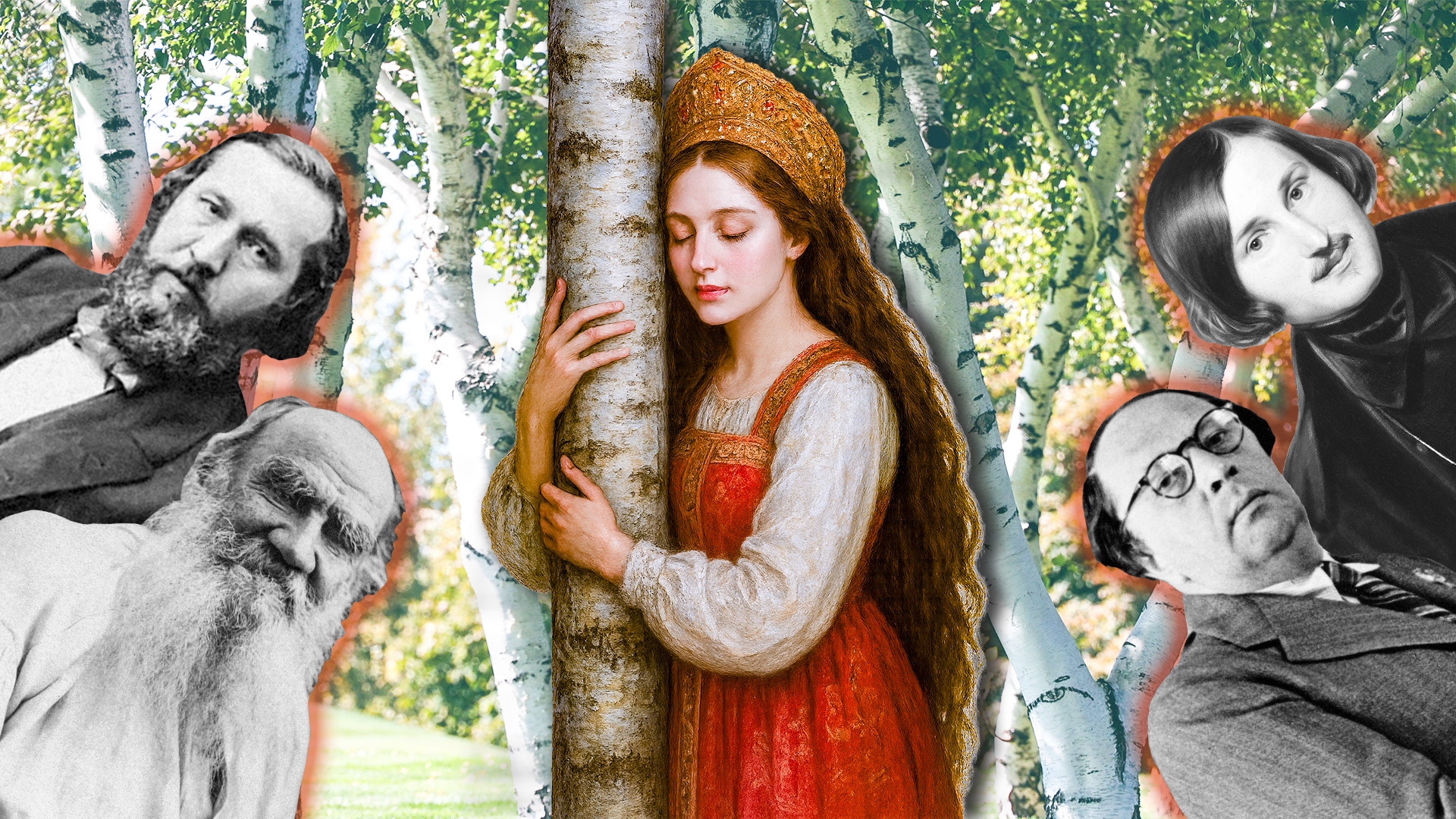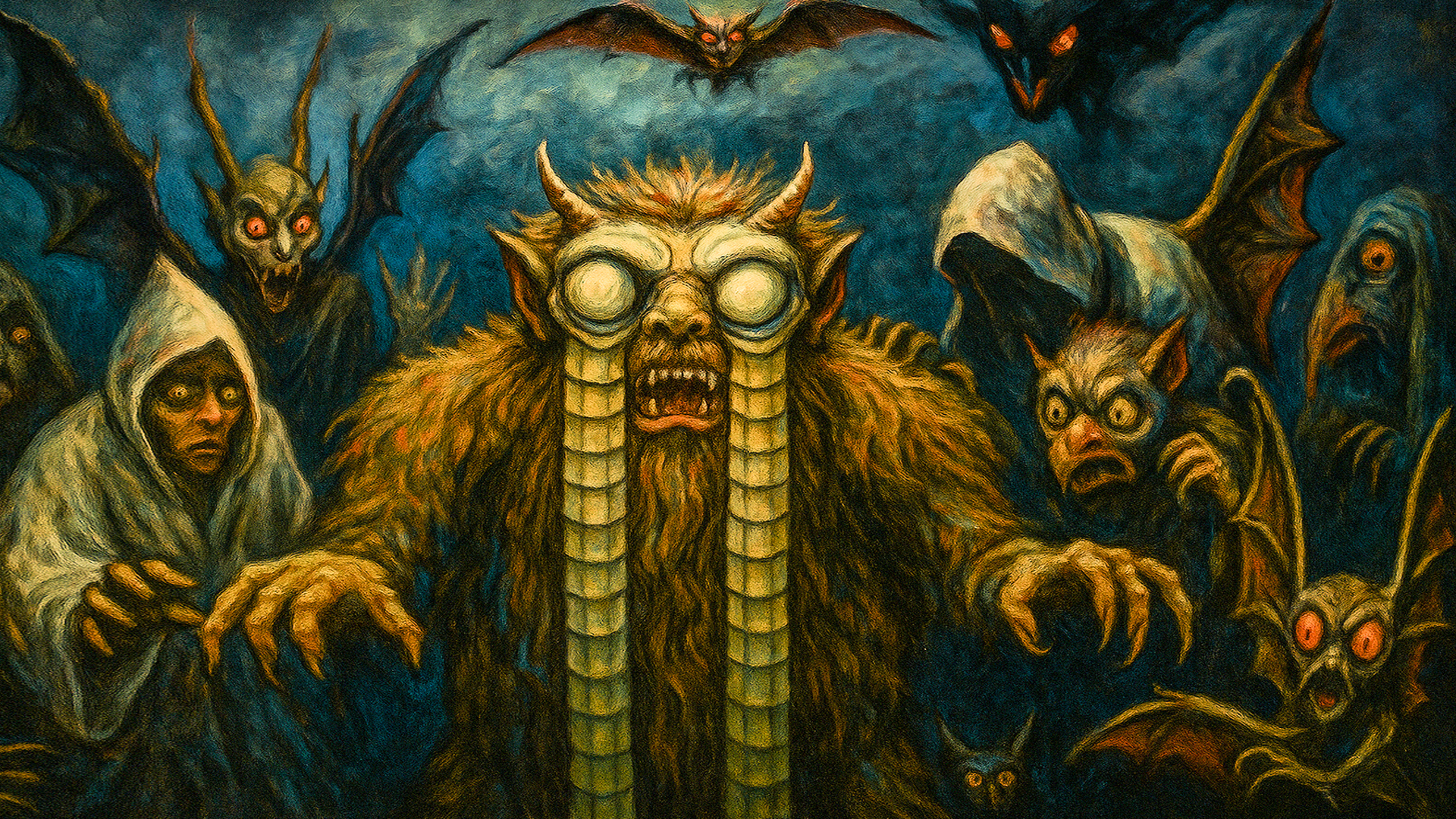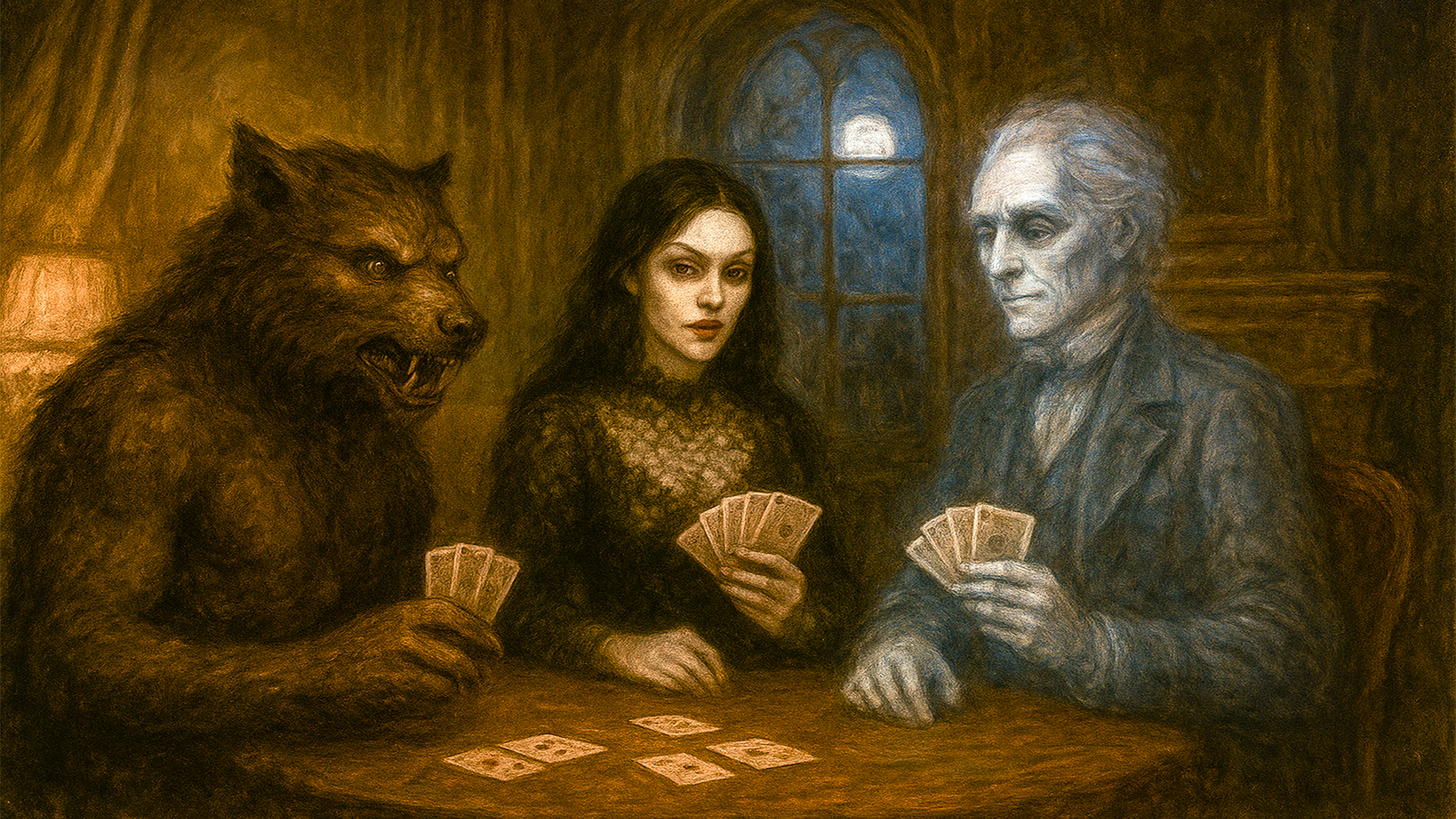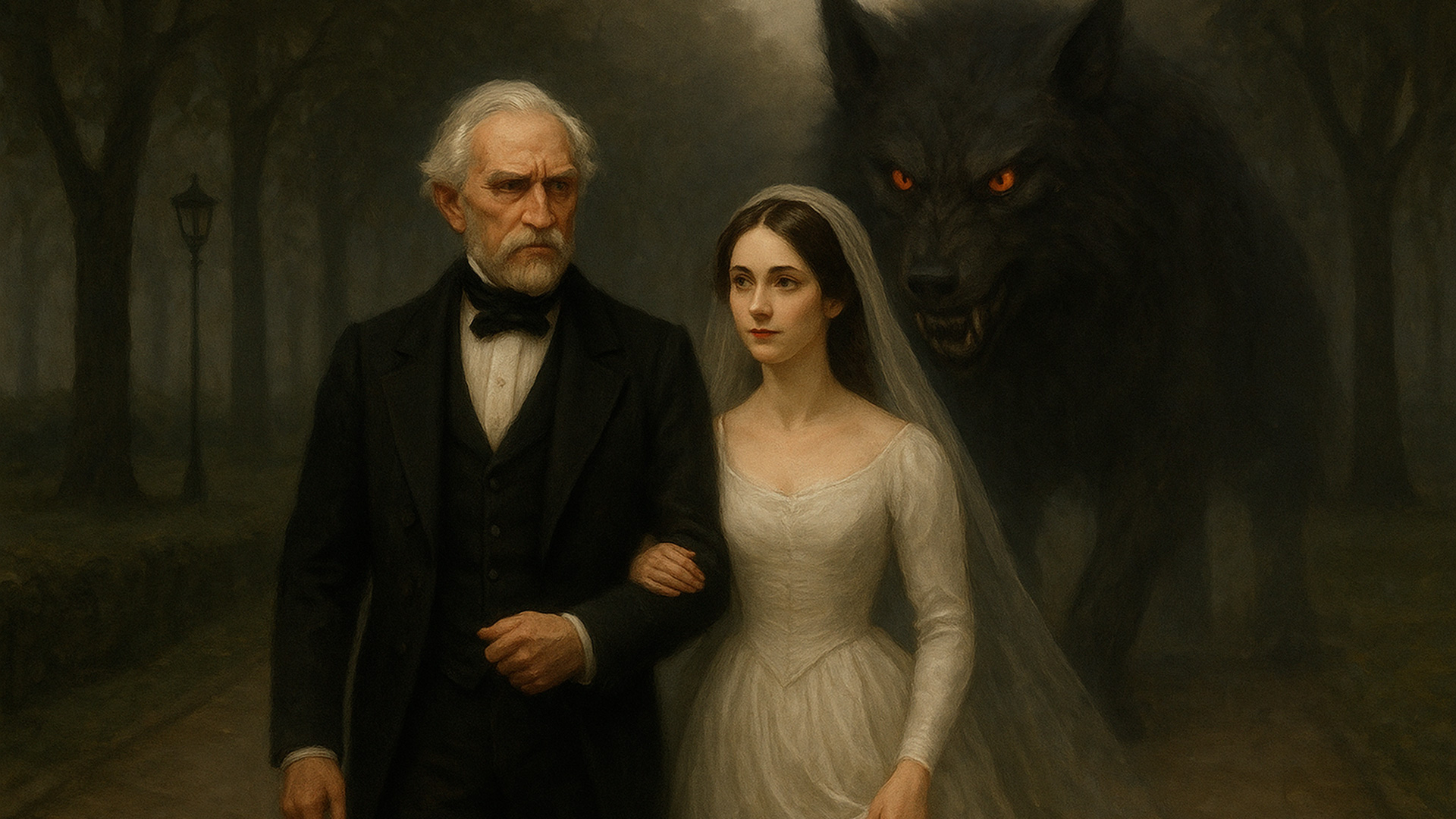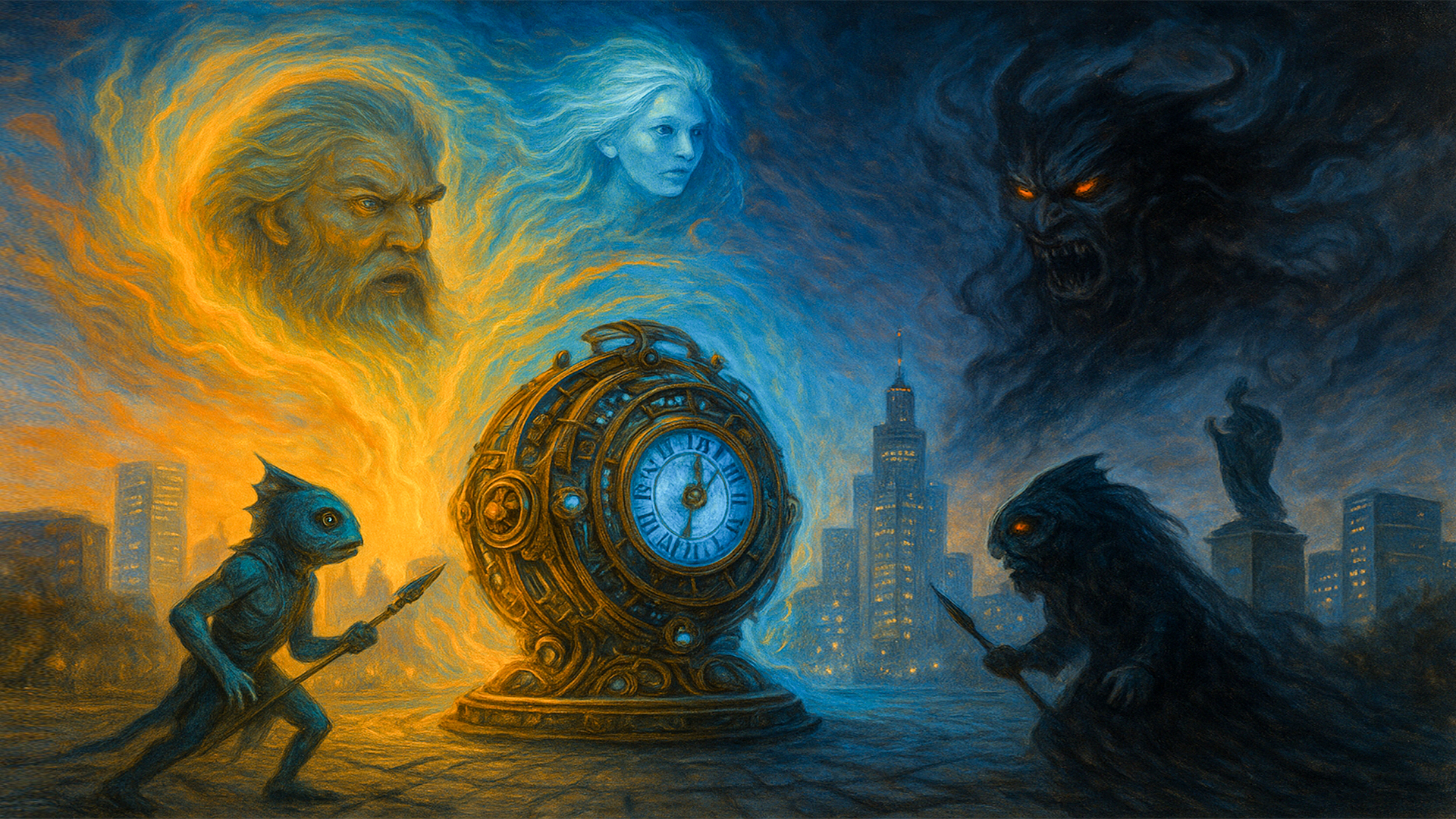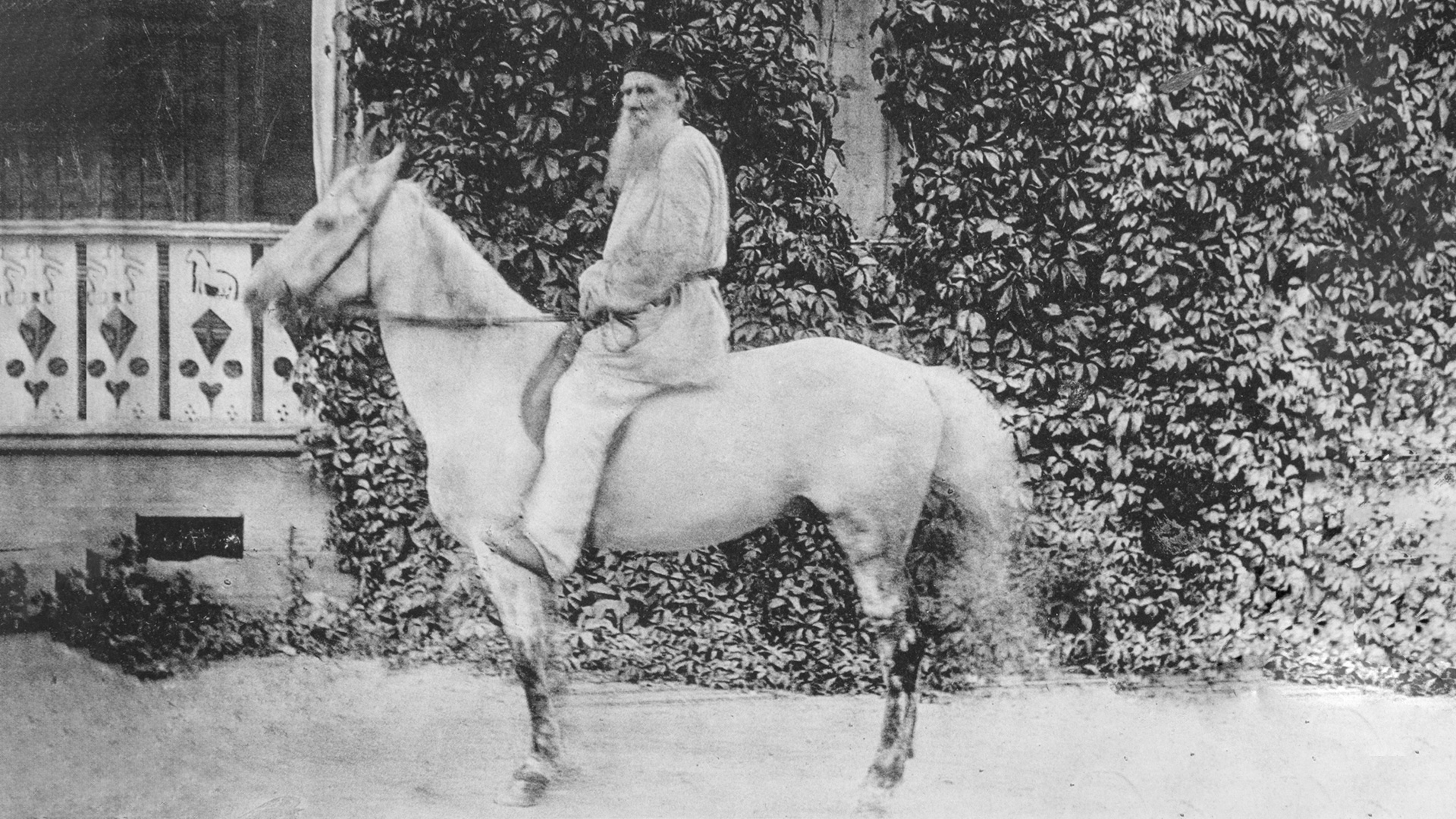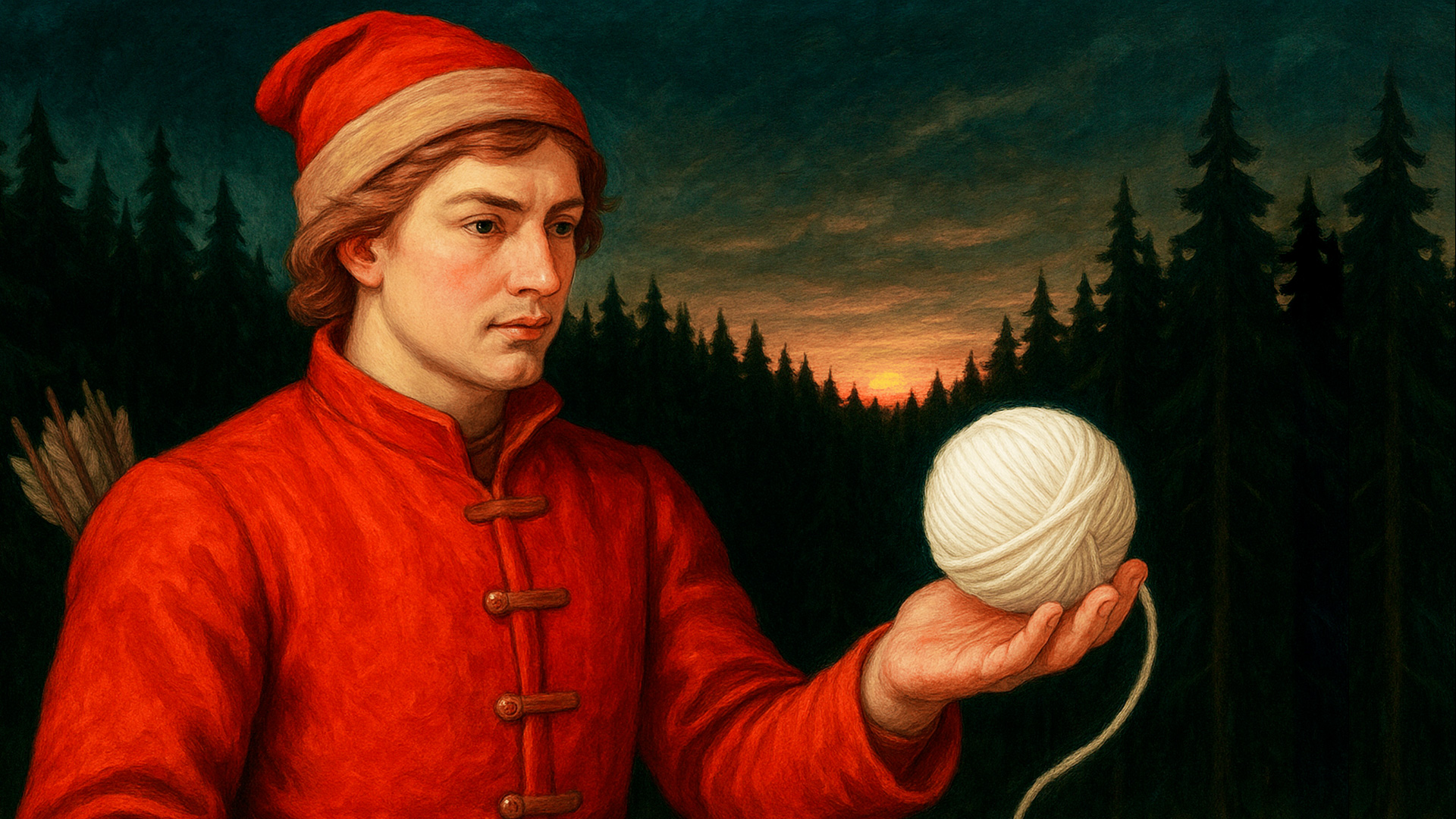
5 facts about Alexander Griboyedov, author of Russia’s iconic comedy ‘Woe from Wit’
1. He had a brilliant education
 Ivan Kramskoi. Portrait of Alexander Groboyedov, 1875
Ivan Kramskoi. Portrait of Alexander Groboyedov, 1875
Griboyedov was born in Moscow on January 15, 1795, to a wealthy and respectful noble family: his ancestors had held important positions under the tsars. Therefore, from childhood, he received a brilliant education. At the same time, he himself demonstrated a variety of talents, high intelligence and a penchant for languages. By the end of his life, was fluent in nine (!) languages.
For almost 10 years, Griboyedov studied various sciences at Moscow University. First, he attended classes of the faculty of philology and received the PhD degree. Then he studied at the law department and graduated with excellence. At the university, he also studied Latin, philosophy, natural sciences and mathematics.
2. He fought Napoleon & worked as a diplomat
 Russian diplomat Ivan Paskevich meeting the Qajar crown prince of Iran, Abbas Mirza, (Griboyedov is fifth from the right). Engraving by K.Beggrov from V.Pashkov original picture.
Russian diplomat Ivan Paskevich meeting the Qajar crown prince of Iran, Abbas Mirza, (Griboyedov is fifth from the right). Engraving by K.Beggrov from V.Pashkov original picture.
He volunteered for the hussar regiment of the Patriotic War of 1812 with Napoleonic France. However, the young nobleman did not have to smell gunpowder and was stationed mainly in the rear.
From 1817, he served in the Foreign Affairs Ministry, first as an interpreter and secretary and then as an ambassador of Russia abroad. He was about to be appointed for work in the United States, but he refused and went to Persia.
3. Literature was only a hobby, just like music
 Pyotr Karatygin/ Watercolor portrait by Alexander Griboyedov
Pyotr Karatygin/ Watercolor portrait by Alexander Griboyedov
While still in military service, Griboyedov began his first literary exercises. In particular, he wrote a journalistic essay titled ‘On Cavalry Reserves’ and his first comedy, ‘Young Spouses’. He continued during his diplomatic service: he wrote plays and poems, as well as travel notes about his travels in Persia and the Caucasus.
But, literature was only one of the hobbies of the nobleman and intellectual. Another of his passions was music. He was a brilliant pianist, composed music and was considered talented at that.
4. He was killed during a diplomatic mission
 Russian Embassy in Tehran
Russian Embassy in Tehran
From 1818, Griboyedov served as a diplomat in Tehran, but he did not like the Persian life and moved to Georgia’s Tiflis (now Tbilisi). Soon after the Russo-Persian War, he had to return to Tehran. In 1829, he and other employees of the Russian embassy were murdered by religious fanatics. He was only 34 years old (read more about the Tehran massacre here).
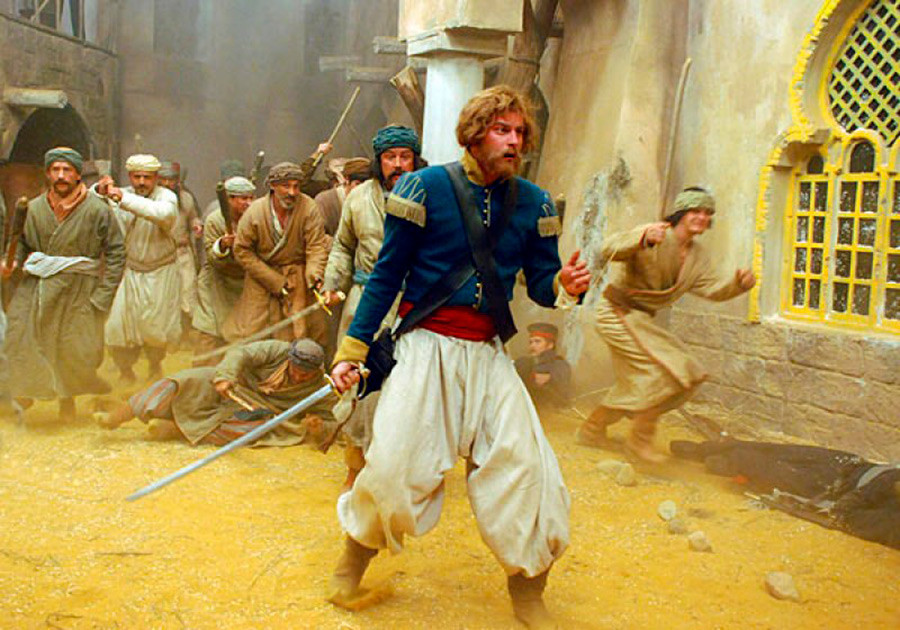 A still from the movie 'Death of the Vazir-Mukhtar'
A still from the movie 'Death of the Vazir-Mukhtar'
A few weeks before his death, Griboyedov married a Georgian princess named Nina Chavchavadze. She remained faithful to him for the rest of her life.
5. Author of the most important Russian play
 Illustration for 'Woe from Wit' play
Illustration for 'Woe from Wit' play
Griboyedov entered history, first of all, as a “man of one book”, the satirical play ‘Woe from Wit’. It was for it that the figure of the diplomat and writer was cast alongside Lermontov, Pushkin and Gogol in the composition of the monument dedicated to the millennium of Russia in Veliky Novgorod in 1862.
 Alexander Gridoyedov. Woe from Wit. Translated by Betsy Hulick
Alexander Gridoyedov. Woe from Wit. Translated by Betsy Hulick
With his play about the conflict between the old and the new world, fathers and children, he actually initiated the process of transferring the living colloquial Russian language to paper. His approach was later continued by Alexander Pushkin.



